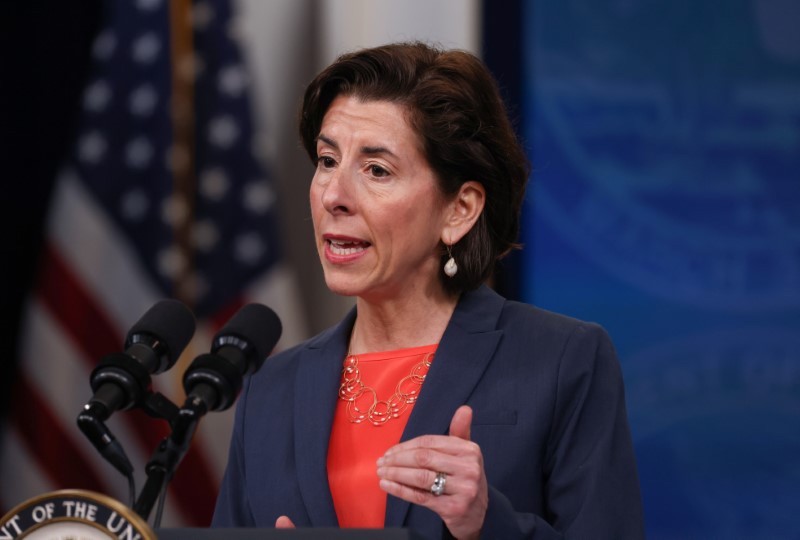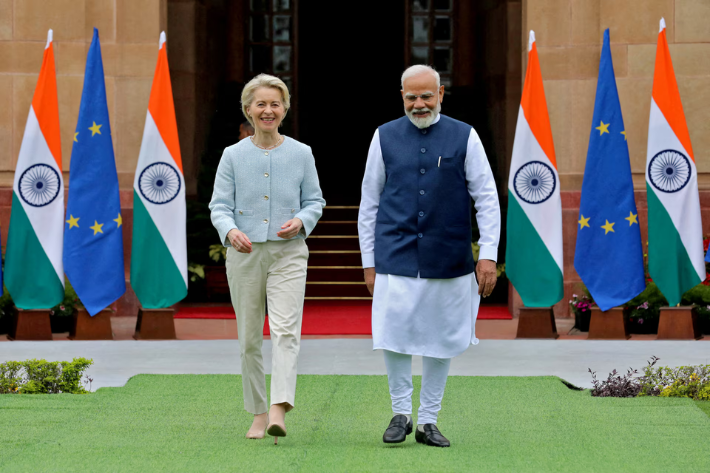The US Treasury Department is preparing new rules that could prohibit US investment in certain sectors of adversarial nations, the Wall Street Journal reported on Friday.
The Biden administration’s work on the new policy would largely deal with US investments in China, but the report, which cited reports provided to lawmakers on Capitol Hill, did not identify any countries.
The new rules are expected to cover private-equity and venture-capital investments in advanced semiconductors, supercomputing and some forms of artificial intelligence, the WSJ said, quoting sources.
The Treasury and Commerce departments expected to finalize their policy in the near future, it added.
ALSO SEE:
Nvidia’s Plan for Sales to Huawei at Risk if US Extends Curbs
China curbs focused on a narrow sector: Raimondo
The latest revelations follows a Reuters report last month that Biden administration was planning an outright ban on investments in some Chinese technology companies and increased scrutiny of others.
The United States passed a sweeping export controls last September that aimed at hobbling China’s semiconductor industry. Those measures have hit a significant impact on the sector in China and globally.
But Commerce Secretary Gina Raimondo stressed in an interview with Yahoo Finance several days ago that the US is not looking to expand trade measures with China in a manner similar to Russia and its war in Ukraine.
She said they were “very focused on being targeted, precise, narrow and just looking at sophisticated technology that China doesn’t have, where we’re ahead, but they want for their military capacity.
“The United States does a great deal of trade with China – we should continue to do that. It supports a lot of American jobs. So, we don’t want to reduce that.
“But we do want to be really focused on the technology we need to be focused on [in regard to China’s military capacity].”
Computer chips, she said, were “somewhat unique in that they’re the foundation of every other technology, literally – big data, medical devices, synthetic biology, AI, quantum, high-end compute, all depends on chips. And we buy 90% of these chips from Taiwan.
“So this is somewhat unique.” And US moves and spending, from the multi-billion-dollar Chips Act was “an investment in America’s national security in order to achieve specific national security goals, versus a step towards a broader industrial strategy.”
- Reuters with additional reporting and editing by Jim Pollard
ALSO SEE:
US-China Rivalry May Spur Decoupling of Chip Sector – BBC
China’s Potential Chip Stars Hit by Latest US Bans – FT
China Forges Ahead of US in Supercomputer Race – FT
























